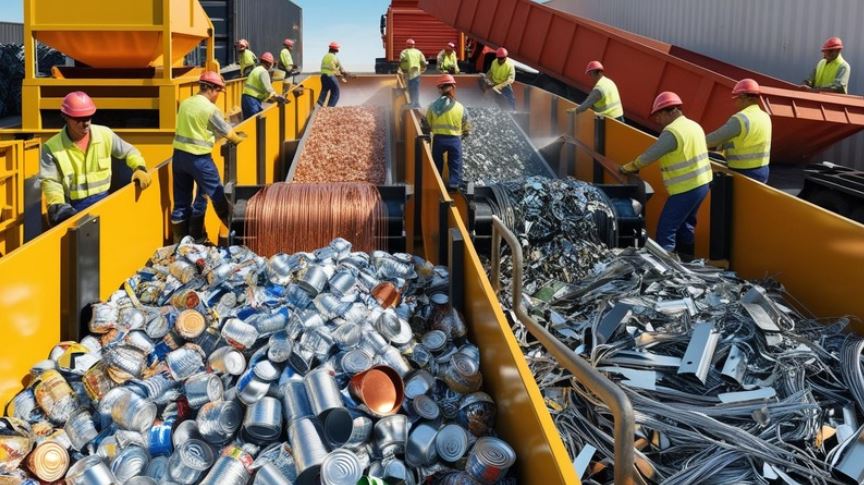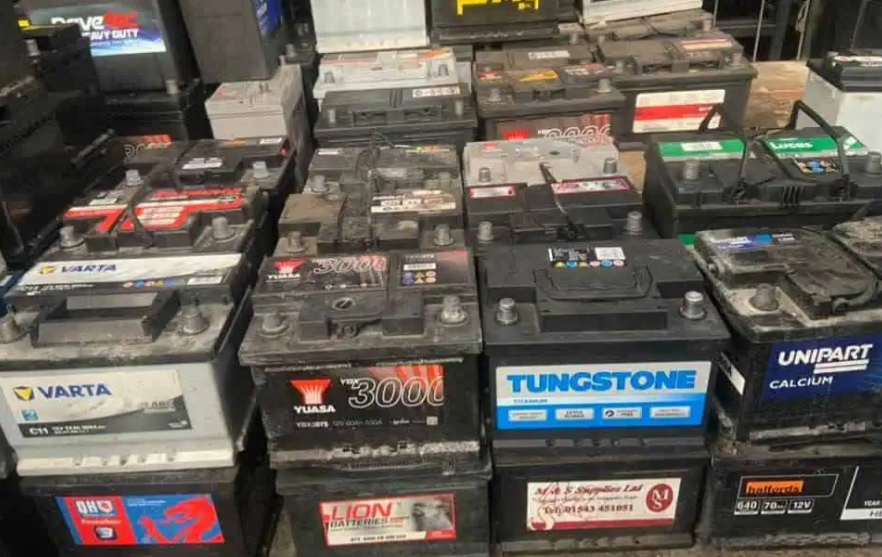
Recycling scrap metal is more than just an environmentally friendly habit – it’s essential for reducing waste, conserving resources, and minimizing environmental impact. Here’s a closer look at why recycling scrap metal matters and the benefits it provides.
1. Conserving Natural Resources
Metals like aluminum, copper, and steel are limited resources that require intensive mining to extract. By recycling scrap metal, we reduce the demand for mining, helping to preserve these natural resources for future generations.
2. Reducing Energy Consumption
Recycling metals uses significantly less energy than creating new metals from raw materials. For example, recycled aluminum saves up to 90% of the energy required to make new aluminum. This energy efficiency helps lower greenhouse gas emissions and combat climate change.
3. Preventing Landfill Overflow
Scrap metal recycling keeps waste out of landfills, which are quickly filling up with materials that could otherwise be reused. Metal takes years to decompose, and recycling it helps free up valuable space, reducing the strain on waste management.
4. Lowering Pollution and Emissions
Mining and refining new metals release pollutants into the air and water. Recycling, on the other hand, produces far less pollution, protecting ecosystems, waterways, and wildlife from toxic runoff.
5. Supporting Eco-Friendly Industries
As the demand for sustainable practices grows, industries increasingly rely on recycled metals. Recycled metal goes into everything from renewable energy sources to green construction, supporting industries committed to environmental stewardship.
Recycling metal is one of the most impactful ways to contribute to a cleaner planet. From conserving resources to reducing emissions, recycling scrap metal is a simple, powerful choice for a sustainable future.


